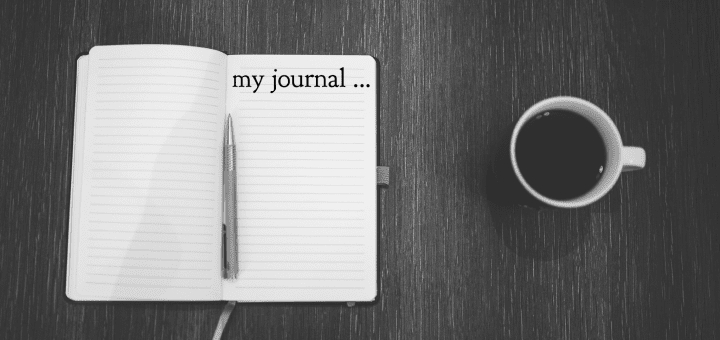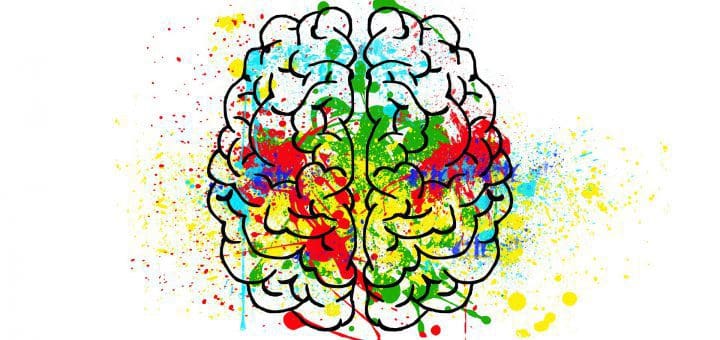Journaling: What it is, Why it helps, and How to start
Journaling is a powerful mental health tool that you may want to consider trying (or may already be doing!). Journaling refers to the act of using pen and paper to put words to what you think and feel. Its positive benefits—such as helping with stress, anxiety, and depression—lie in the cathartic or therapeutic process of allowing self-expression in a safe, private space.











Recent Comments